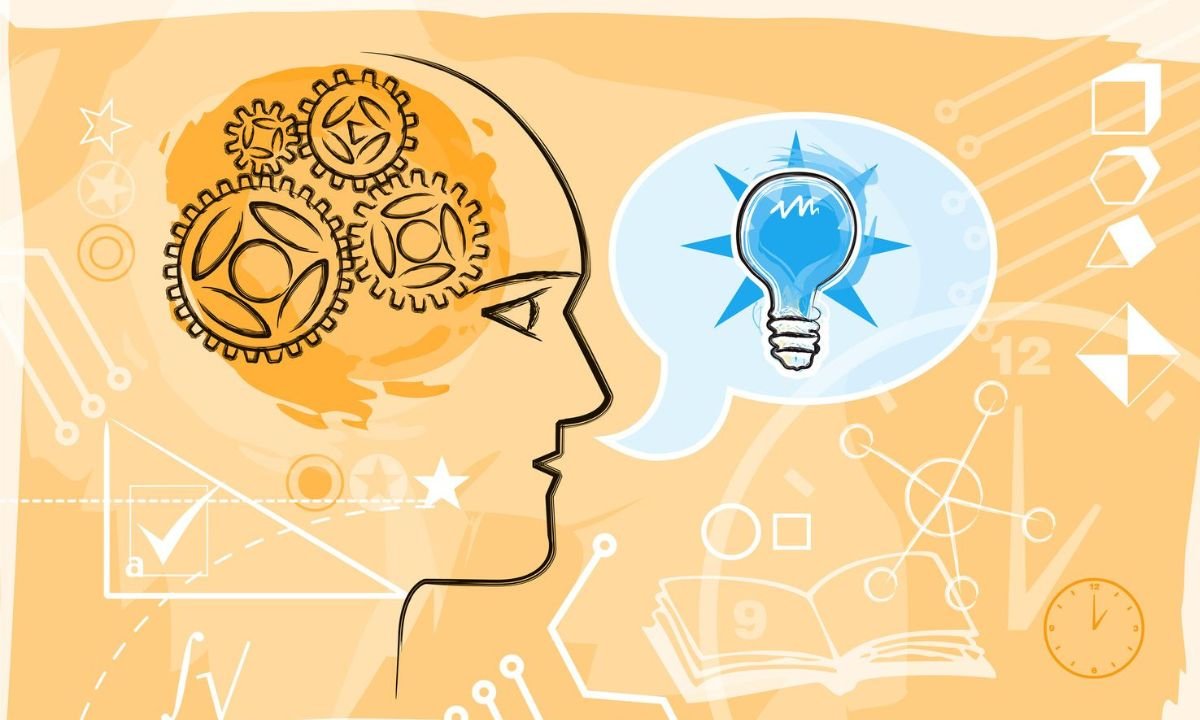What if a 60-minute test could predict your child’s academic success—or reveal hidden talents? IQ tests have fascinated psychologists for decades, promising insights into our mental horsepower. But do they tell the whole story? Let’s grab a coffee and unpack what these famous tests really show – and what they definitely miss. We’ll explore what IQ tests measure, their power, their limits, and why your potential is way bigger than any single number.
So, What Do IQ Tests Actually Measure?
Think of an IQ test as your brain’s “processing power dashboard.” It doesn’t measure everything your amazing mind can do, but it takes snapshots of key cognitive areas:
- Logical Reasoning: Spotting patterns and solving puzzles (like figuring out what shape comes next in a sequence).
- Working Memory: Holding information in your head briefly (like remembering a phone number long enough to dial it).
- Processing Speed: How quickly you take in and react to simple information.
- Verbal Comprehension: Understanding words, ideas, and expressing yourself clearly.
Here’s a quick peek at some common tasks:
| Subtest | Measures | Real-World Skill |
|---|---|---|
| Matrix Reasoning | Pattern recognition | Solving complex problems |
| Digit Span | Short-term memory | Following multi-step instructions |
| Vocabulary | Verbal knowledge & concepts | Clear communication & understanding |
Real talk: A common myth is that IQ equals “innate genius.” Here’s the kicker: It’s more like potential. A high score suggests good cognitive tools, but how you use them – through effort, learning, and practice – is what truly matters. It’s not a fixed destiny!
The Power (and Limits) of Your IQ Score
Okay, IQ tests do have real value. They can help:
- Identify specific learning needs or strengths in kids and adults.
- Qualify students for gifted programs (like Mensa, which uses high IQ scores).
- Offer clues about aptitude for certain academic or career paths that rely heavily on those core cognitive skills.
But… here’s the crucial part:
- Emotional Intelligence Gap: “A high IQ won’t teach you empathy.” Understanding your own feelings and navigating relationships (EQ) is a totally different skill set, just as vital for success and happiness.
- The Culture Question: Some parts of IQ tests can be biased. A vocabulary test, for instance, might favor native speakers or people from specific educational backgrounds. They aren’t always a perfectly fair playing field.
- Creativity Rules: Take Nobel Prize-winning physicist Richard Feynman. His reported IQ was around 125 – very smart, but not stratospheric. His world-changing contributions came from creativity, curiosity, and persistence, proving raw processing power isn’t the whole story.
Beyond the Number: Your Bigger Intelligence Toolkit
Judging someone’s intelligence by IQ alone is like reviewing a restaurant only on its desserts. Sure, dessert matters, but what about the main course, the service, the ambiance?
Human intelligence is gloriously multi-faceted:
- Emotional Intelligence (EQ): Reading the room, managing your emotions, building strong relationships.
- Creative Intelligence: Innovating, imagining, expressing yourself artistically, thinking outside the box.
- Practical Intelligence (“Street Smarts”): Solving everyday problems, adapting to real-life situations, learning from experience.
What’s more? The real world knows this. Companies like Google famously found that after a certain threshold, qualities like EQ, leadership, and humility became more important predictors of success than pure cognitive test scores in their hires.
Should You Take an IQ Test? Maybe.
When it can be genuinely helpful:
- If you suspect a learning disability (like dyslexia or ADHD) and need a formal assessment.
- For identifying giftedness in children for appropriate educational support.
- Pure personal curiosity (done properly!).
When you might want to skip it:
- For most job applications (unless it’s a specific requirement).
- Trying to “prove” your worth or validate yourself. Your value isn’t a number!
- Relying on sketchy online quizzes. Pro Tip: If you pursue it, get a test administered and interpreted by a licensed psychologist for accurate, meaningful results.
The Takeaway & Your Next Move
IQ tests offer a valuable snapshot of specific cognitive strengths – handy tools in your mental toolbox. But they don’t measure your potential, your character, or your capacity for growth.
So, what now? Here’s your action plan:
- Pair IQ Insights (if you have them) with EQ: Work on understanding yourself and others better. Read about emotional intelligence.
- Fuel Your Creativity: Pick up a hobby purely for joy – paint, write, build, play music. Stretch those innovative muscles.
- Hone Practical Smarts: Tackle real-world problems. Volunteer, fix something, learn a hands-on skill.
Your brain is more than a score. Nurture all its incredible capacities.
What’s one skill you’d add to the ‘intelligence toolkit’? Share your thoughts below!
FAQs:
- Can IQ change over time? Yes! Brain training, great education, good nutrition, and even life experiences can nudge your scores. Your brain isn’t set in stone.
- Do online IQ tests work? Mostly, no. They lack scientific rigor and often just want your data. Stick to clinically administered tests for anything meaningful.
- Is IQ genetic? Partly. Genetics play a role, but your environment, experiences, and effort play massive parts. It’s nature and nurture.
- What’s a ‘good’ IQ score? Around 100 is average. Scores over 130 often suggest giftedness. But honestly? Context matters far more than the number itself.
- Can high IQ guarantee success? Nope. Grit, social skills, resilience, emotional intelligence, and plain old hard work often matter way more in achieving real-world success and happiness.
YOU MAY ALSO LIKE: Classroom 15x: Future Tech Learning Hub

